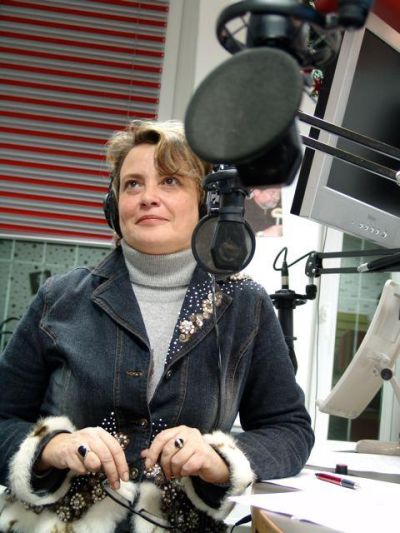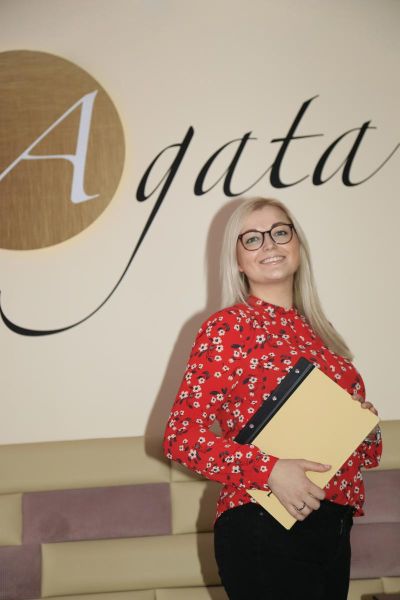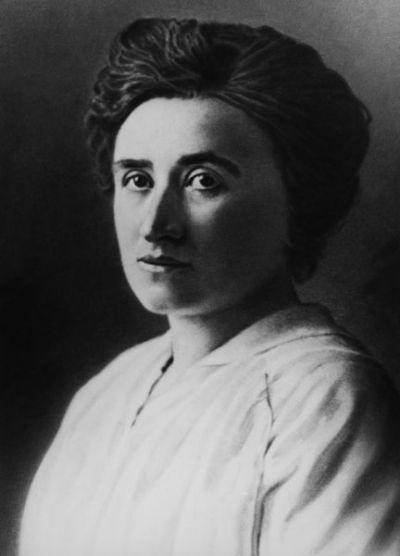The Power of the Net. Or the Network of Polish Women in Germany

I asked these questions to representatives of friendly Polish women's organisations in Germany. When I came to this country over four years ago I wasn't aware of the importance of a social network and the resulting social capital. During my studies in Kraków and subsequently in my work I was able to maintain such a network effortlessly over a lengthy period of time. The networking didn't give me any headaches, because I either knew their organisers and participants, or I knew a person who knew these people. This was because the theory of "the six degrees of separation", according to which, roughly speaking, any person in the world can connect with any other person through a chain of indirect relationships, shrinks to two mediators in Kraków!
But suddenly I turned my orderly world upside down and ended up in Hamburg, where I knew no one but my husband. So what do you start with when you want to get to know people with whom you share your journey? Of course with an online search for relevant activities, by participating in various workshops and initiatives or by joining Facebook groups. But you can also try to do something for yourself and for others, something that my Hamburg companions finally provided for me. We regard this as a support for women who are interested in professional and personal development, cooperation and mutual encouragement, and who want to be present in German society without denying their Polish identity. For this purpose I run the Facebook group "Powerful Woman Community" with Ela Poszumska, who coaches women. In addition, we are now active together with other Polish women in Hamburg in the informal initiative "MyHH", in which we network, organise meetings and hold workshops.
In my few years in Germany I have met many unusual Polish women who live here and have founded or participate in NGOs, who are involved in informal initiatives and who cooperate, support and motivate each other, both in the virtual and in the real world.
The main motive behind our striving for cooperation is the desire to meet people who, in the words of Dr. Adrianna Tomczak, moderator of the Facebook group "Polki sobie radzą. Społeczność przedsiębiorczych emigrantek" ["Polish women perform extremely well. The community of committed migrant women"]: "See the world as we see it and share common values with us. But they also have comparable experiences from which we can learn. In addition they can be a source of support for us when we come up against our first disappointments and failures."
It is important for social activists to help others and to share their own experiences of emigration. Marzena Nowak, founder and chairwoman of the "Polki w Berlinie" ["Polish Women in Berlin"] association, sums it up as follows: "The idea of an association for Polish women in Berlin came to my mind years ago. At meetings with migrant women I came across similar problems, questions and efforts. I can well remember my own beginnings in Germany and therefore know how difficult it is to find myself in another country and in another culture. The first euphoria vanishes quickly; what remains are ambition, dreams, longings and, as time goes by, doubts, restlessness and uncertainty creep in. That's how "Polki w Berlinie!" was born.
The founders of agitPolska e. V., an association also active in Berlin, had other reasons for action. Its original goal was to spread Polish culture in Germany and German culture in Poland. Since then, however, new target groups have been developed and the profile of the association has been expanded to include projects that promote social participation, labour market issues and the interests of women and young people, stimulate discussion and promote connections. Anna Czechowska, member of the board of the association and member of the board of trustees of Porta Polonica, says: "My need for cooperation is based on my conviction that we can only implement our ideas and our proposed solutions if we work together on certain topics (also across areas and parties). It's like a team game where each individual is important for the final result and success."
Many of us who have left Poland miss the use of our mother tongue, especially at the start when we are not fluent in German or after some time when the children are born and we want them to stay in contact with their Polish families and culture. This is exactly what Justyna Rygielska from the Hamburg department of POLin. Polnische Frauen in Wirtschaft und Kultur e. V. [POLin. The Association of Polish Women in Economics and Culture e. V.] brings to the table when she says: "(...) I have met many wonderful Polish women here. There are enough women with whom and for whom it is worthwhile to start initiatives in Polish. Why? Because I need the association in order to develop my children's awareness of being Polish."










